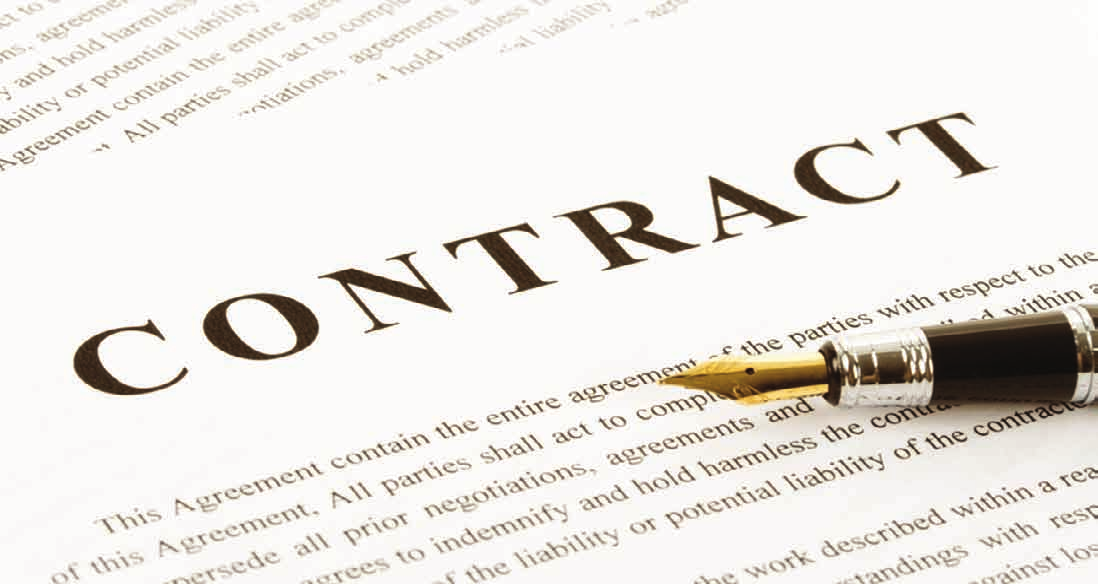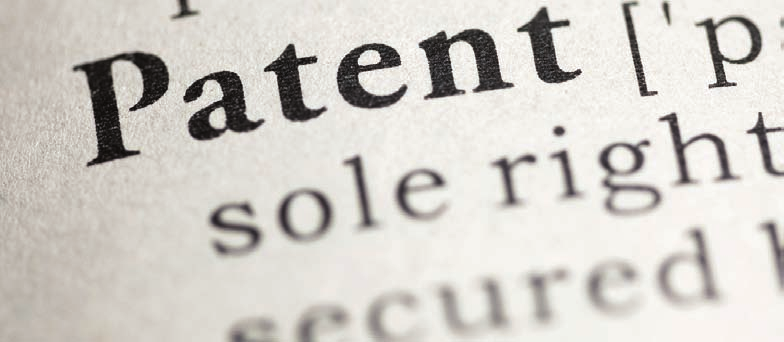
When to File a Patent Infringement Suit? Another Perspective
It is a commonly accepted principle that grant of a patent entitles the proprietor of the patent to file an action for infringement of the granted patent. Most readers of this article would agree with this principle on first blush. After all, this is what we have all been told by one and all, including by most patent litigators.
However, a bare reading of Section 48 of the Patents Act, 1970 (the “Patents Act”), which confers the “exclusive rights” on a patentee, immediately puts a first doubt on this generally accepted notion. Section 48 of the Patents Act is extracted below:
“SUBJECT TO THE OTHER PROVISIONS CONTAINED IN THIS ACT AND THE CONDITIONS SPECIFIED IN SECTION 47, A PATENT GRANTED UNDER THIS ACT SHALL CONFER UPON THE PATENTEE-
(a) where the subject matter of the patent is a product, the exclusive right to prevent third parties, who do not have his consent, from the act of making, using, offering for sale, selling or importing for those purposes that product in India;
(b) where the subject matter of the patent is a process, the exclusive right to prevent third parties, who do not have his consent, from the act of using that process, and from the act of using, offering for sale, selling or importing for those purposes the product obtained directly by that process in India”
The literal and natural meaning of the term “Subject to the provisions contained in this Act” in Section 48 is that this provision is subject to the other provisions of the Patents Act.
This brings us to the next question – what are these “other provisions” of the Patents Act, which Section 48 is “subject to”? Without answering this question in so many words, the Hon’ble Supreme Court, in the case of Aloys Wobben v. Yogesh Mehra, reported at AIR 2014 SC 2210 (the “Aloys Wobben Case”), provides an express indicator in this regard. In the Aloys Wobben Case, the Hon’ble Supreme Court was considering whether it was permissible to have two simultaneous proceedings of challenge of a patent, one before the Controller of Patents as a Post Grant Opposition under Section 25(2) of the Patents Act, and the other before the Civil Court as a counterclaim under Section 64 of the Patents Act. In this context, the Hon’ble Supreme Court held in paragraph 18 of the judgment as follows:
“18. ………… The decision of the “Controller”, leads to the publication of the grant (of the patent). This process finalises the decision of the grant of the patent. All the same, it does not finally crystallise, the right of the patent holder. After the grant is published, “any person interested”, can issue a notice of opposition, within one year of the date of publication of the grant of a patent. If and when, challenges raised to the grant of a patent are disposed of favourably, to the advantage of the patent holder, the right to hold the patent can then and then alone, be stated to have crystallized. Likewise, if no notice of opposition is preferred, within one year of the date of publication of the grant of a patent, the grant would be deemed to have crystallized. Thus, only the culmination of procedure contemplated under Section 25(2) of the Patents Act, bestows the final approval to the patent.”
Thus, the Hon’ble Supreme Court held that only upon culmination of proceedings under Section 25(2) do the rights of a patent holder crystallize. Reading Section 48 along with paragraph 18 of the Aloys Wobben Case, it is apparent that the “exclusive rights” conferred on the proprietor of a patent are subject to Section 25(2) of the Patents Act. In other words, rights under Section 48 do not crystallize until and unless the remedy under Section 25(2) of the Patents Act culminates. This would be consistent with the spirit of the Aloys Wobben Case, where the intention of the Hon’ble Supreme Court was to ensure that there should not be two simultaneous proceedings for invalidity of a patent.
This brings us to the next question – when do the proceedings under Section 25(2) of the Patents Act culminate? To answer this question, a quick introduction to Section 25(2) would be required. Section 25(2) provides an additional remedy to challenge a patent once it has been granted. A period of one year from the date of publication of grant in the Patents Journal is provided to any person interested to challenge the grant of a patent. The period of one year provided under Section 25(2) is non-extendible.
There appear to be two ‘simple’ ways in which the proceedings under Section 25(2) of the Patents Act can culminate, one where a Post Grant Opposition, which is filed within this first year of grant, is decided under Section 25(2), and the other where the oneyear period to file a Post Grant Opposition itself expires. In either case, one could argue that a patent infringement suit cannot be filed before one year expires from the date of publication of grant of the patent in the Patents Journal. This appears to be the most logical conclusion emanating from the above discussion.
However, the above logical conclusion brings us to yet another question – after an abnormally long wait for grant of a patent, is there now an additional one-year period where the patent-holder cannot sue for infringement? The answer, in our opinion is as follows - if a suit for infringement is filed within the first year of grant prior to the filing of a Post Grant Opposition, then the validity of the suit will depend on whether or not a Post Grant Opposition is eventually filed within this first year of grant or not. If such a Post Grant Opposition is indeed filed, then the suit for infringement would become barred by law with retrospective effect. If, however, such a Post Grant Opposition is not filed within this first year of grant, then the suit for infringement would be deemed to be validly instituted with retrospective effect. Needless to say, if a Post Grant Opposition is filed, then the patent-holder will have to wait for a final decision in the Post Grant Opposition before a suit for patent infringement can be filed.
As practicing patent litigators, the above would be the only way to harmoniously construe Section 48 of the Patents Act, Section 25(2) of the Patents Act and paragraph 18 of the Aloys Wobben Case in the context of “When to File a Patent Infringement Suit”. Although this position remains untested in a court of law.
Recent Posts

Condition Precedent and Condition Subsequent under the Indian Contract Act, 1872
Jan 2019

Conceptual Similarity of Trade Marks: The Indian Position
Nov 2018

Decoding the ‘Myth’ behind the 2-Part Claim Drafting Format in the context of the Koniklijke Philips’ Case
Oct 2018